#langblr
Text
my friend and i were going to study a language together and wound up having to cancel our plans due to scheduling pressures, but! through research we came across a really cool resource for reading in a TON of languages: bloom library!

as you can see, it has a lot of books for languages that are usually a bit harder to find materials for—we were going to use it for kyrgyz, for example, which has over 1000 books, which was really hard to find textbook materials for otherwise. as you can see it also has books with audio options, which would be really useful for pronunciation checking. as far as i can tell, everything on the site is free as well.
1K notes
·
View notes
Text





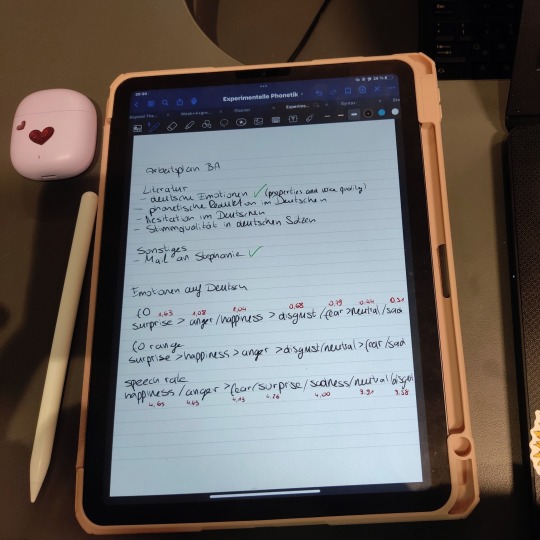
- 📸 snapshots from the last few weeks
my motivation fluctuates a lot but lately my daily mantra of "i can do it i can do it i can do it" kinda helped tbh
#also i haven't heard from my advisor in over two weeks#i hope he's alright and alive#tw food#studyblr#langblr#aesthetic#study aesthetic#study inspiration#studying english literature#studying linguistics#studyspo#academia#jay studies
160 notes
·
View notes
Text
love that there's no translate button on tumblr. don't know the language? you can't sit with us. keep scrolling slut.
#no translate button we die like men#tumblr#tumblr features#hellsite#translate#langblr#shitpost#meme#short post#tumblr appreciation#languages#language learning#mean girls
98 notes
·
View notes
Text
Tag your native language!

82 notes
·
View notes
Text
Thinking about how in Czech we say “fart it in” when we want to say “add/put it in” and I think that’s beautiful
77 notes
·
View notes
Text
Tragic: in that mood to learn every language but there's not enough time or energy in the day
55 notes
·
View notes
Text
The University of Grenoble (France) wants is planning to remove Catalan classes from its curriculum next year. The students are organising this campaign to ask the university to keep it. Help them by signing this petition!
#coses de la terra#català#catalan#minority languages#minority language#minoritized languages#langblr#education#polyglot#language learning#university#languages#language
56 notes
·
View notes
Text
#kaeya smut#langblr#Bocchi the Rock#jordan torres#sexy chick#swimming#pancut#site model icons#breakfast at tiffany's#supernatural#chocolate
121 notes
·
View notes
Text








Lazy Wednesday Study Inspiration
it's been such a slow day today, I'm hoping I can squeeze in an hour of studying before dinner
#studyblr#studyspo#new studyblr#study motivation#langblr#study blog#studybuzz#bookblr#study community#study inspiration#study aesthetic#studying#rory gilmore#gilmore girls
58 notes
·
View notes
Text
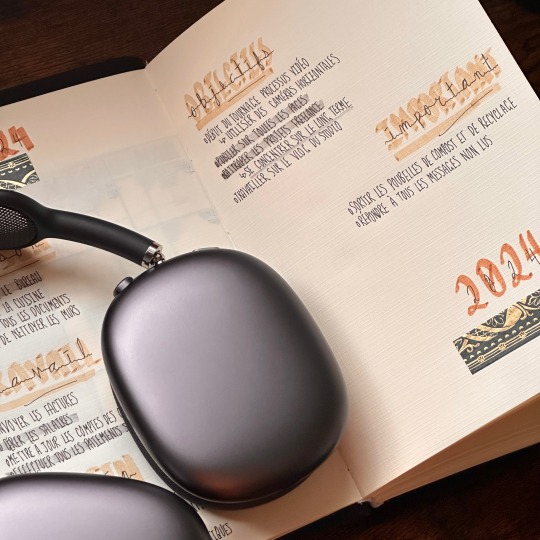

100 Days of Productivity [Day: 79] || 100 Jours de Productivité [Jour: 79]
I've finally fallen back into a daily routine that I can be happy with. There's been enough time before & after work to get everything done that I've wanted to while also having enough time for me. It feels good to be back on track with my reading goal for the year & to be digging into book recommendations that are more to my liking.
early mornings are a lot more rewarding when you're able to spend them doing what you want to. & life feels like it's worth living when you can give yourself the freedom you deserve.
currently listening // Expression by my!lane, Jetha
J'ai enfin retrouvé une routine quotidienne qui me convient. J'ai eu assez de temps avant et après le travail pour faire tout ce que je voulais faire, tout en ayant assez de temps pour moi. Cela fait du bien de retrouver mon objectif de lecture pour l'année et de me plonger dans des recommandations de livres qui me plaisent davantage.
Les petits matins sont beaucoup plus gratifiants lorsqu'on peut les consacrer à ce que l'on veut. Et la vie vaut la peine d'être vécue lorsqu'on peut se donner la liberté que l'on mérite.
chanson // Expression par my!lane, Jetha
#100 days of productivity#day 79#100dop#100 jours de productivité#jour 79#100jdp#studyblr#studyspo#study blog#study motivation#study aesthetic#bookish#gradblr#langblr
45 notes
·
View notes
Text
oh wait language learners i've found the perfect app!!!!
it's called Koo! it's liike a twitter spin off where you can filter the entire global feed by language and country! this is perfect for immersion and a feature every single social media should have. alas it's like not used by anyone which made me so sad to realize bc if we get koo to become to next big social media it wld be amazing just for this one feature! anyways open to suggestions for other apps websites you know that have this feature please!!!
32 notes
·
View notes
Text
Excuse me I need to go on a spiritual trip (a walk) before I am committed to The Great Mission of saving the world (writing an essay) I need to align my Chakras (get the happy hormones going) first.
#study#studyblr#langblr#motivation#study blog#random#atla#avatar the last airbender#avatar aang#can you tell im heavily affected by atla
36 notes
·
View notes
Text
🧠 17 Sanity Challenge // Day 11 of 13 🪱


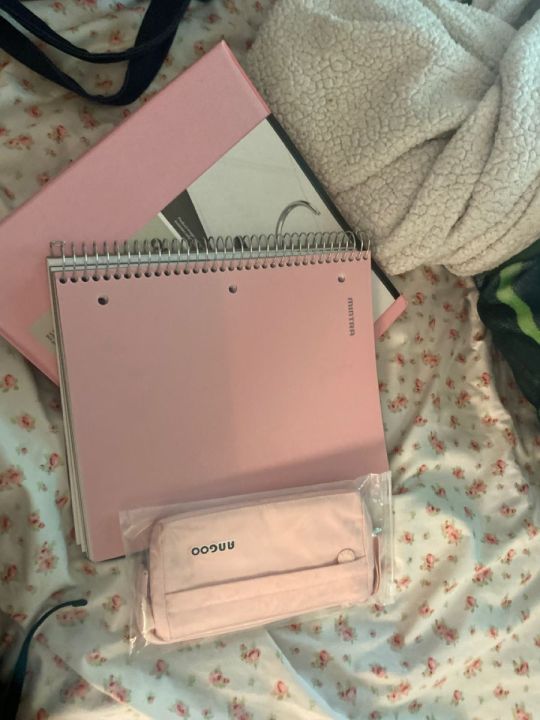
我学如果我是虫,我还是爱我。(i'm learning that if i was a worm, i would still love me.)
🐸 고잉 세븐틴의 준랑 명상
😼 a ridiculous amount of Japanese (6+) + Chinese (1) + Korean (3) lessons
🍒 arm workout
🦊 comparative cognition review
🦌read a chapter of And Then There Were None
🦦 很长的时间后再次开始看青春环游记
🐶🐻❄️ cleaning fairy soft ver.
🍊 journal
💌: 今天好的吃 🐯 而且我不好的睡觉但是我还是慢走所以高兴 😇 (today i ate well 🐯 also, i didn't sleep well, but i still took care so i'm happy 😇)

bonus: 요즘 내가 "열심이 일했어" 이모티콘 🍚 쓰기 안하고, 맞아요? 그... 씽기방기뿡뿡방기~~~* ㅋ ㅋ ㅋ ㅋ (lately my "i worked hard" emoticon 🍚 isn't used, right? well,,, shinggibanggibboongboongbanggi~~~* hehehehe)


*- a trend word created by ^우리 천사^ that you say when your teachers/boss would be mad/disappointed at your performance, but you just don't care about anything anymore i guess 😅😂
#studyblr#study motivation#study inspiration#save my sanity#zesty's life#100 days of productivity#student life#university student#college student#finals season#final exams#finals week#exams#exam season#exam stress#university life#college life#pink aesthetic#pink pilates princess#pink pilates girl#pink pilates aesthetic#langblr#chinese langblr#korean langblr#japanese langblr#psychblr#100 days of studying#100 days of self discipline#college girl#pink moodboard
23 notes
·
View notes
Text
背負う
しょう
to carry on one's back
Note: if you look this up in the dictionary the pronunciation is せおう but according to my sources when you pronounce it it should be しょう
リュックを背負ってください。
リュック を しょって ください。
Please put on your backpack.

#日本語#japanese#japanese language#japanese langblr#japanese studyblr#langblr#studyblr#単語#語彙#japanese vocabulary#tokidokitokyo#tdtstudy
30 notes
·
View notes
Text
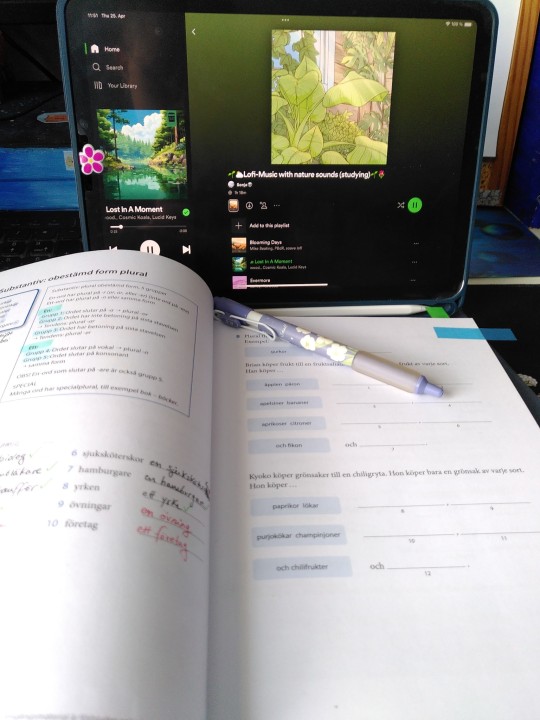
📖 Studying and listening to music 🎧
#swedish#swedish langblr#studying swedish#swedish language#studyblr#langblr#studying#studying languages#language blog#study#study aesthetic#study blog#study tumblr#study motivation#study inspiration#study inspo#my photo#my photos#my posts#my post
21 notes
·
View notes
Text
Friday 26th | 28/100 days of productivity₊ 。˚⊹

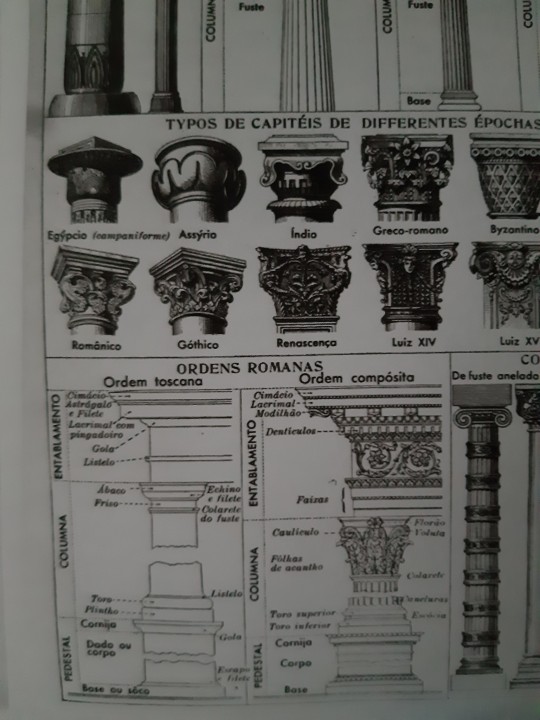
Wipe dust in my room [5m]
Fold laundry and organize it [15m]
Read Everything I Know About Love [30m]
Make a study/assignment schedule for this weekend [30m]
Revise French flashcards [5m]
Revise Japanese flashcards [5m]
Revise Mandarin flashcards [5m]
Revise Spanish flashcards [5m]
Revise art history flashcards (renaissance) [20m]
It is Dutch day today!
Revise Dutch flashcards [5m]
Learn Dutch on Memrise [20m]
Make a playlist with songs in Dutch [1/2] [30m] -> Finish tmr
Journal in Dutch [15m]
Pushing through the uncomfortable of doing to avoid the uncomfortable of not living up to my standards (That belief only works if your standards are realistic, I try to keep myself in check)
🎧₊ ˚⊹ pretty in possible - caroline polachek
🎞️₊ ˚⊹ gossip girl - season 1 episode 3
📖₊ ˚⊹ everything I know about love - dolly alderton
#100 days of productivity#100 days challenge#study blog#study motivation#studyblr#study#study tumblr#chaotic academia#academic validation#academic weapon#studyspo#study aesthetic#studying#langblr#light academia#studybrl#dark academia
22 notes
·
View notes